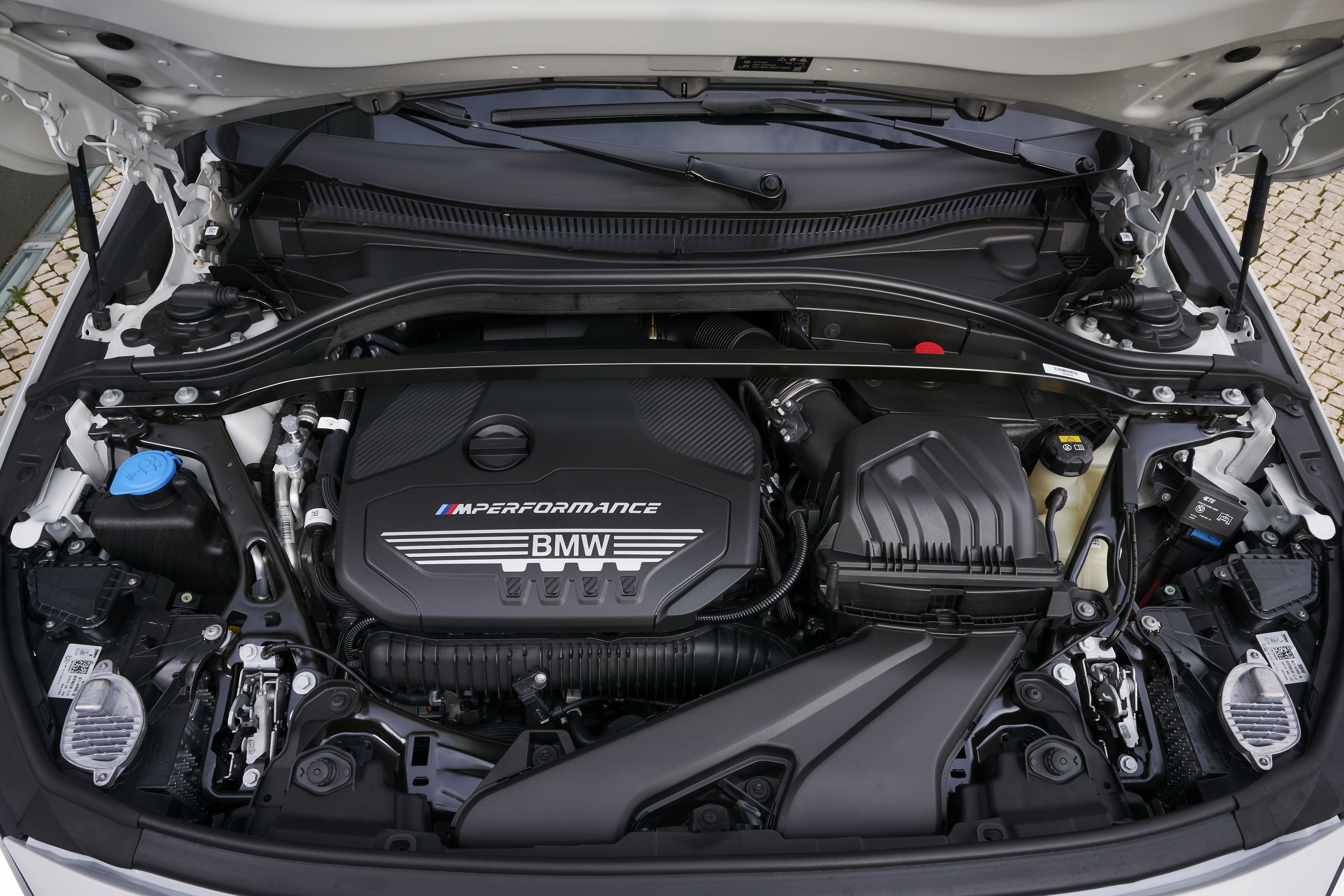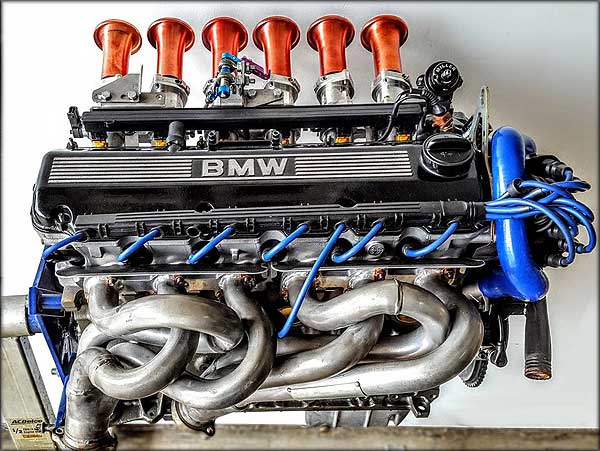Top 5 BMW Engine Technologies Reinventing the Automotive Market
Top 5 BMW Engine Technologies Reinventing the Automotive Market
Blog Article
Introducing the Intricacies of Next-Generation Power Units: a Deep Dive Into Advanced Engine Layouts and Technologies
As we stand on the precipice of a brand-new era in transport, the complexities of next-generation engine designs bid us to discover the innovative technologies and developments that assure to redefine the driving experience. Delving deeper into the realms of exhaust control, smart engine management systems, and the perspective of power unit development, we locate ourselves on the cusp of a makeover that promises to reshape the landscape of flexibility as we recognize it.
Advancement of Engine Materials

The change in the direction of advanced engine materials has actually likewise enabled engineers to develop engines with greater power outputs while maintaining fuel efficiency requirements. The use of light-weight products minimizes the total weight of the engine, leading to enhanced fuel economic situation and reduced discharges. Additionally, advancements in products modern technology have permitted much better thermal management within engines, resulting in increased integrity and long life.
Turbocharging and Supercharging Technologies
Exactly How do Turbocharging and Supercharging Technologies change engine efficiency and efficiency in modern vehicles? Turbocharging and supercharging are modern technologies that dramatically improve engine performance by boosting the quantity of air consumption right into the combustion chamber. Turbocharging attains this by making use of a turbine driven by exhaust gases to pressurize the consumption air, while turbo charging makes use of a belt- or chain-driven compressor to accomplish the very same result.
These innovations make it possible for smaller, a lot more fuel-efficient engines to create power comparable to bigger ones, referred to as downsizing. Forcibly more air into the cyndrical tubes, turbo charging and turbocharging improve combustion efficiency, leading to increased horse power and torque result without a substantial boost in engine dimension. This results in much better acceleration, towing capacity, and general driving efficiency.
Furthermore, turbo charging and turbocharging add to enhanced gas performance by enabling the usage of smaller sized engines that eat less gas under typical driving conditions - bmw engine. This combination of enhanced efficiency and efficiency has actually made turbocharging and supercharging important components of many contemporary engine styles
Emission Control and Environmental Effect
With increasing international worries pertaining to air high quality and ecological sustainability, the implementation of exhaust control innovations in cars plays a critical role in lowering damaging contaminants launched right into the environment. Modern automobiles are equipped with advanced discharge control systems that aid minimize the ecological effect of auto operations. Catalytic converters, for circumstances, are designed to convert toxic gases such as carbon monoxide gas, nitrogen oxides, and hydrocarbons into less damaging substances like co2 and water vapor.
Additionally, innovations in engine modern technology, such as the integration of exhaust gas recirculation systems and discerning catalytic reduction, have dramatically added to decreasing emissions. These technologies work in tandem to maximize combustion efficiency and decrease the release of unsafe pollutants into the air. In addition, the advancement of crossbreed and electrical cars stands for a critical step in the direction of minimizing the total environmental impact of the transport industry.
Intelligent Engine Management Equipment

Additionally, these systems enable cars to satisfy stringent discharges standards without endangering performance, providing a much more eco pleasant driving experience. The assimilation of man-made intelligence and artificial intelligence abilities in engine management systems remains to press the limits of what is feasible, causing further enhancements in efficiency, dependability, and general car efficiency. bmw engine. As automotive technology breakthroughs, intelligent engine monitoring systems will certainly play a crucial function in shaping the future of transport in the direction of a much more lasting and effective instructions
Future Trends in Power Unit Advancement
As smart engine monitoring systems lead the method for boosted control and optimization in modern vehicles, future fads in power unit advancement are poised to redefine the landscape of automobile propulsion technologies. One of the crucial fads driving development in power system growth is the change in the direction of electrification. With an increasing focus on sustainability and minimizing carbon discharges, crossbreed and electrical powertrains are coming to be extra prevalent in the vehicle market. These alternative source of power use improved effectiveness and performance while aligning with strict ecological guidelines.
One more significant fad is the assimilation of advanced materials and manufacturing strategies. Lightweight products such as carbon fiber and light weight aluminum are being utilized to minimize general automobile weight, enhancing fuel effectiveness and efficiency. In addition, innovations in 3D printing and additive production are enabling the manufacturing of intricate engine elements with greater precision and longevity.
Moreover, expert system and maker understanding are playing a critical function in maximizing power system efficiency. These innovations permit for real-time tracking and flexible control, bring about a lot more reliable and reliable Website power shipment. Generally, future patterns in power device development are tailored towards performance, sustainability, and efficiency, driving the automotive market in the direction of a new period of propulsion innovations.

Conclusion
In final thought, the advancements in engine materials, turbocharging, exhaust control, and smart monitoring systems have led the means for next-generation power units. The elaborate styles and technologies in modern engines showcase the continuous development of auto technology.
Exploring the modern innovations in engine products has actually been pivotal in enhancing the efficiency and performance of modern engines. Over the years, the evolution of engine products has actually played a critical function in pushing the borders of what engines can attain.The change towards advanced engine materials has actually likewise made it possible for engineers to design engines with higher power outputs while preserving fuel efficiency standards.The implementation of intelligent engine monitoring systems in contemporary vehicles has transformed the way engines are regulated and optimized for efficiency and effectiveness. By accumulating data in real-time and assessing it with sophisticated algorithms, intelligent engine management systems can adjust to driving designs, ecological aspects, and engine health and wellness to make best use of power output while reducing gas usage and exhausts.
Report this page